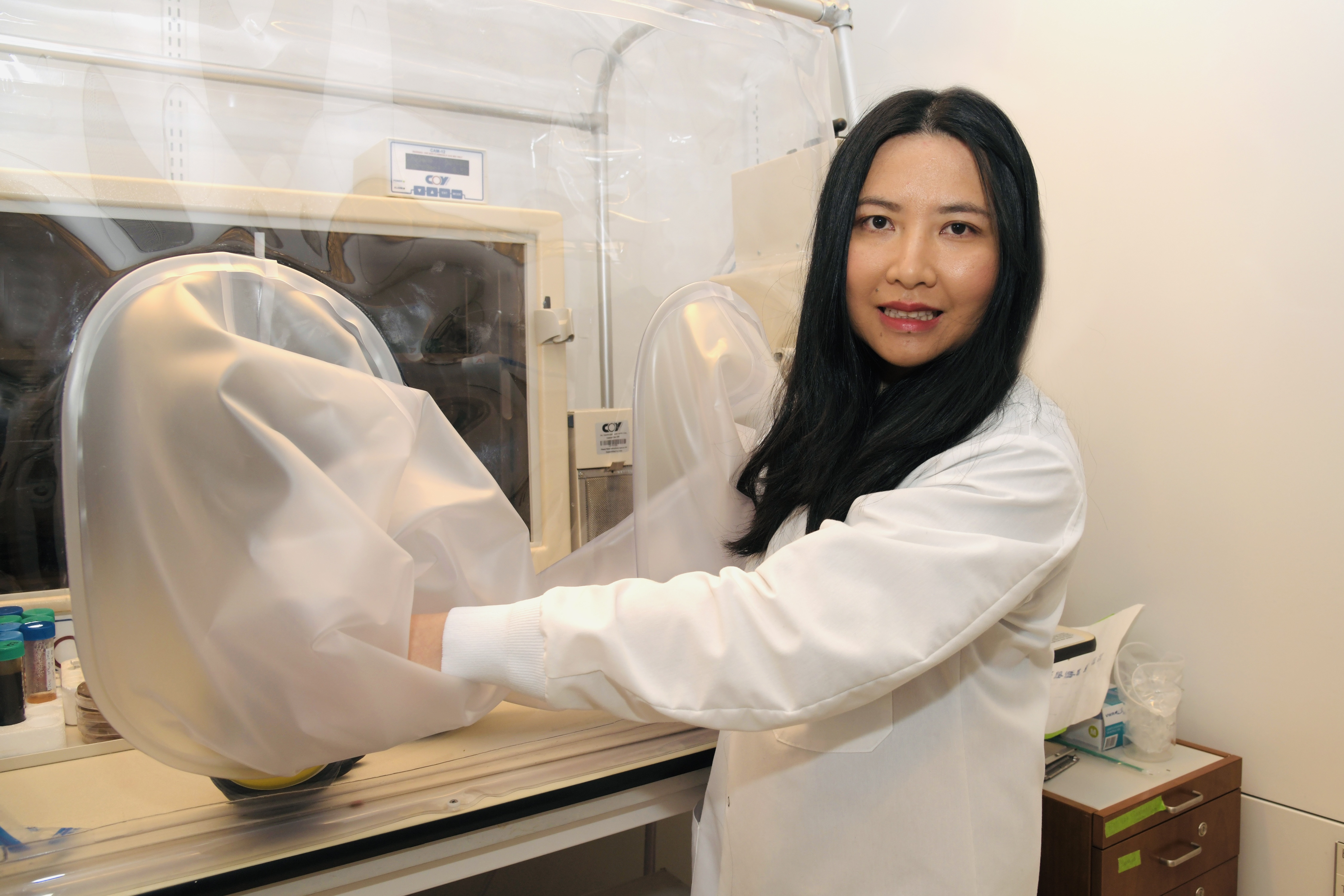
Melody Zeng, Ph.D., assistant professor of immunology in pediatrics at Weill Cornell Medicine, has received a Cornell Multi-PI, Inter-campus grant for her study, “Interrogating the role of infant gut microbiome in immune responses to RSV infection.”
Serving as principal investigator, Dr. Zeng will collaborate with co-investigators, Elizabeth Johnson, Ph.D., assistant professor of the nutritional sciences at Cornell University in Ithaca, and Stefan Worgall, M.D., Ph.D., Professor of Genetic Medicine and Pediatrics and Distinguished Professor of Pediatric Pulmonology and Division Chief of Pediatric Pulmonology, Allergy & Immunology at Weill Cornell Medicine, to define the contributions of the altered gut microbiome to dysregulation of immune responses to RSV infection in preterm infants, and to interrogate how bacterial sphingolipids shape lung immune cell development and confer protection against RSV infection in infants.
Early-life perturbations to the gut microbiome have been linked to later susceptibility to respiratory conditions, including asthma and chronic obstructive pulmonary disease. Premature infants are at higher risk for adverse outcomes to respiratory infections such as respiratory syncytial virus (RSV). The gut microbiome in premature infants has been well described to be significantly altered. However, it remains unclear how altered gut microbiome in premature infants affects lung immune cell development and susceptibility to RSV infection in preterm infants independent of immaturity.
Dr. Zeng and her co-investigators hypothesize that the altered state of the gut microbiome in premature infants dysregulates immune cell development in the lung and impairs immune responses to respiratory viral infections in premature infants. By transplanting stool bacteria from preterm infants into germ-free mice and using a mouse model of intranasal RSV infection, their data suggest that the lack of key gut commensal bacteria in preterm infants skews the development of lung immune cells and impairs both innate and adaptive immune responses to RSV in the mice that harbored stool bacteria from preterm infants.
This study will potentially identify critical lung immune pathways that are driven by gut bacteria during early life; perturbations in these immune pathways in preterm term infants due to their altered gut microbiome may underlie the increased disease severity against respiratory viruses in preterm infants.

